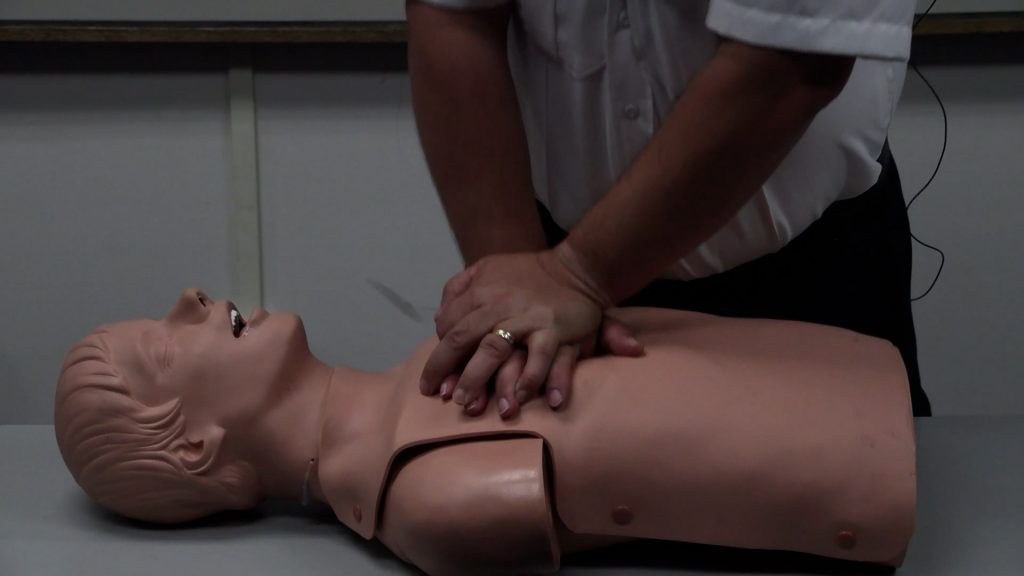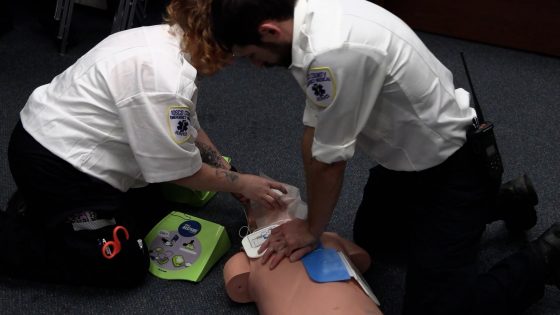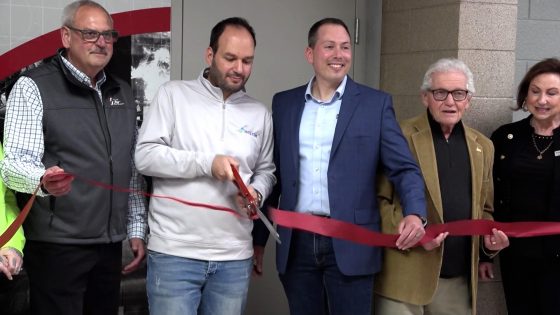The Benefits of Knowing CPR

Learning CPR could save a life. That life may be a pedestrian, a friend, or even a family member. Being able to do CPR correctly allows for a possible second chance for anyone suffering a cardiac event. CPR classes are available throughout the state. Taking a class can help develop the right skills to save a life. 
“The importance of the community knowing CPR is that the bystander doing CPR is what saves lives. The average EMS response time in the nation is about 8 minutes. In rural and short-staffed areas up here could be 10 minutes or longer. Ray Bruning, Iosco County EMS Operations Manager said. “The patient needs CPR as fast as possible. Even with the average response time of 8 minutes, if no one is doing compressions, that patient doesn’t have that good of a chance of survival.”
Having knowledge of how to correctly do CPR aids in the safety of others. Being able to help someone in need is extremely beneficial. Our most basic unit of lifesaving skills that we are taught in school are the ABC’s. Those are airway, breathing and circulation. Jake Kirinovic, an EMT for Iosco County EMS said. “The basic principles of that are as long as you keep air going in and out of your lungs, and you keep blood circulating to carry oxygen to the vital areas of the brain, then you greatly increase an individual’s chance of survival.”
“By standards are the first people to witness this.” Brandy Cantner, a Paramedic for Iosco County EMS, said. “The success rate of bringing someone back or being able to save a life, really depends on the first minutes of the event.” If a person appears unresponsive, call 911. Try to get an AED and check for breathing. Check for life-threatening bleeding or other conditions. Start CPR at a depth of 2 inches at a rate of 100 to 120 compressions per minute.











